Five ways Istikhara can ease anxiety and bring about peace.
The word Istikhara directly means, to ask Allah to guide one to the right sort of action concerning a job or deed. ‘Khayr’ means good (asking Allah to guide you to the good or right answer).
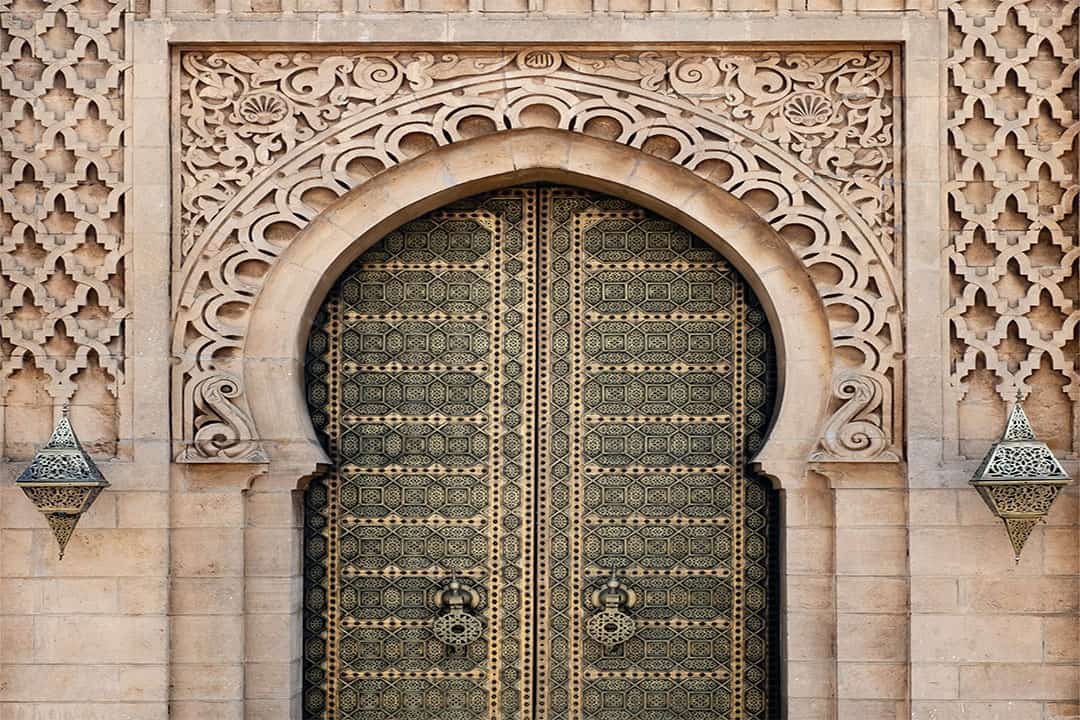
- Istikhara reminds us that we do not have to fear. We believe in a good God – One who is the source of all Goodness, Knowledge and Strength. In the first sentence of the duaa (supplication) reported in Bukhari*, we say,
“Oh Allah! I ask guidance from Your knowledge, and Power from Your Might and I ask for Your great blessings.”*
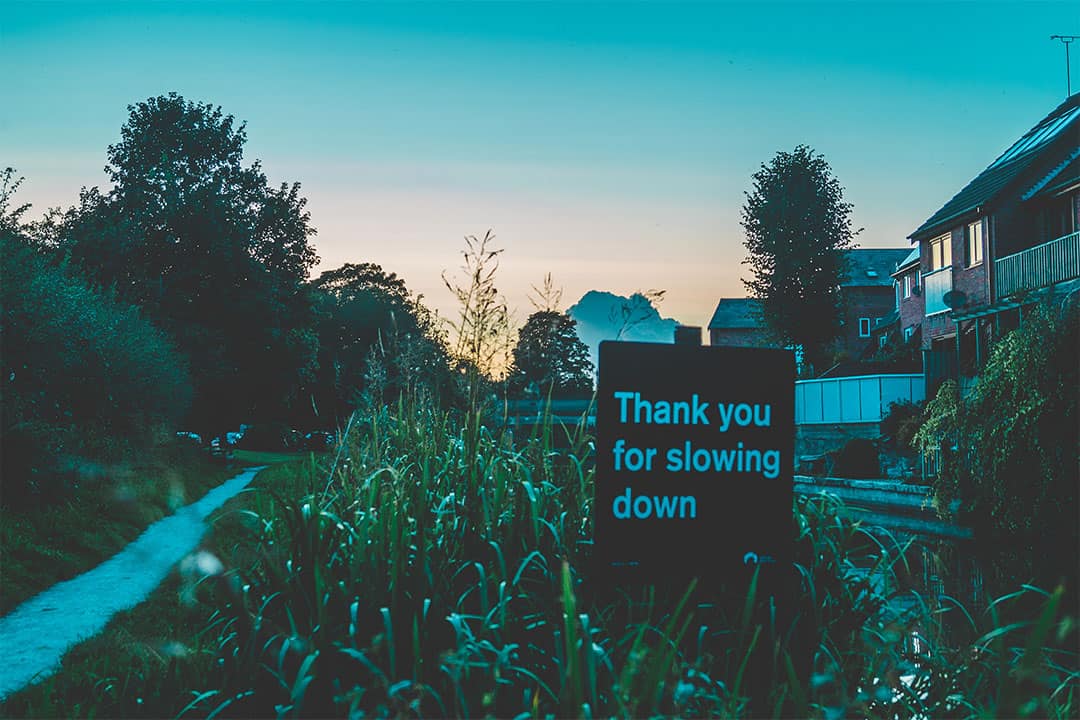
- In asking through prayer, we humble ourselves by professing our deep need for His help and guidance. Istikhara reminds us to let go of trying to control this world. That can be so powerfully comforting because a lot of the time our anxiety stems from an illusion of control or fear that we are not in control. When we say:
“You are capable and I am not. You know and I do not and You know the unseen”*
We acknowledge our weakness and acknowledge our absolute dependence on Allah. Our understanding of this is integral since we need to remind ourselves often that we are not self-sufficient- we cannot do anything without the will of Allah. We were created weak but Allah SWT wills that we turn to Him for strength and surely, He wills the best for us:
“And Allah wants to lighten for you [your difficulties]; and mankind was created weak.”
Qur’an 4:28

- We can feel reassured that we will not make a decision that seems good at first but has detrimental consequences. We ask for what is best for our faith, this life and the next and with faith; we must have hope that our prayers will be answered and take effect. We can feel at ease that our base desires, greed or other challenges of the nafs (soul) have not interfered with our decision-making. Acknowledging that we are liable to make mistakes but Allah SWT never does is greatly comforting.
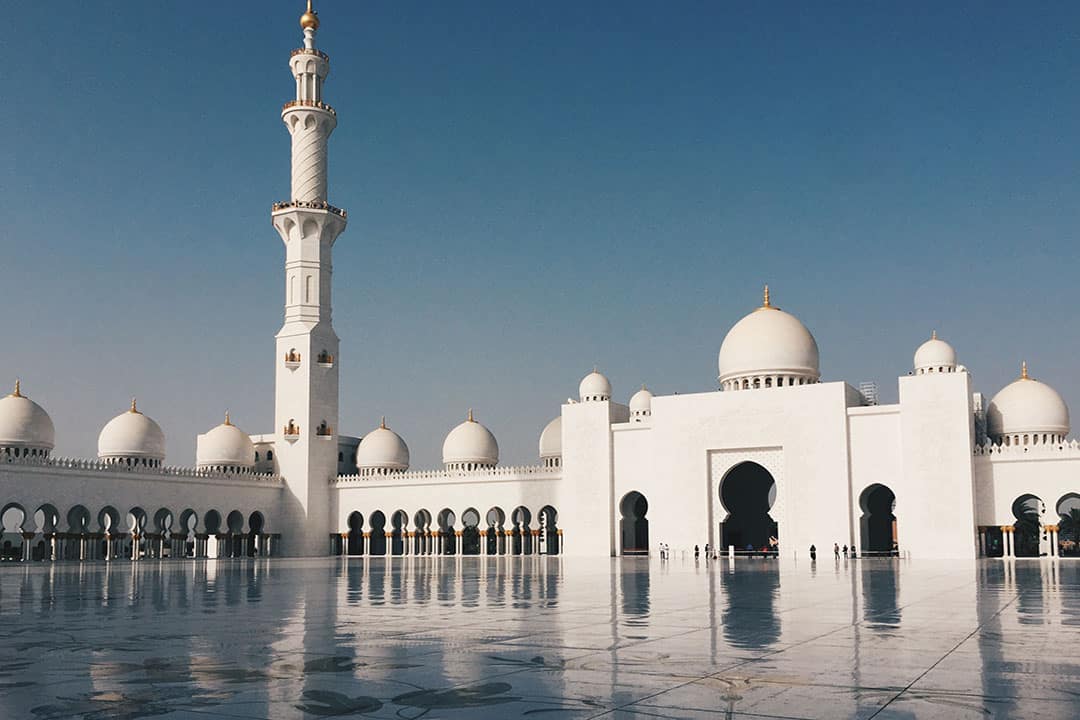
- We remember that what is truly good will bring us closer to God.
“O Allah! If You know that this job is good for my religion and my subsistence and in my Hereafter (or said: If it is better for my present and later needs) Then You ordain it for me, and make it easy for me to get, And then bless me in it,”*
We ask to be blessed through a good decision and what is blessed is what is most in accordance with God’s will, which will bring us closer to Him and help His creation. Here we can make an important shift from saying “Please God, I need this” to “God, truly You are and Know what I need”.

- We learn the importance of non-attachment. Part of allowing God to steer the wheel metaphorically is to learn to submit control and trust even when we are led somewhere we did not truly want for ourselves. We acknowledge that sometimes we react in a way not fitting to the situation e.g. when something is taken or we are prevented in doing something we wallow in sadness or anger, not understanding that perhaps what has happened is a lesson and is in our best interest. As we grow up. we need to realise that there are situations in which we may throw a different form of tantrum all in the hopes of getting what we want, that is incidentally not good for us. For this reason. asking for contentment and truly being emotionally ready, to let go of our attachment to a particular outcome is so important for our internal peace.
“And if You know that this job is harmful to me in my religion and subsistence and in the Hereafter (or said: If it is worse for my present and later needs) Then keep it away from me and let me be away from it. And ordain for me whatever is good for me, and make me satisfied with it).”*
The Prophet (ﷺ) added that then the person should name (mention) his need.
[Bukhari*]
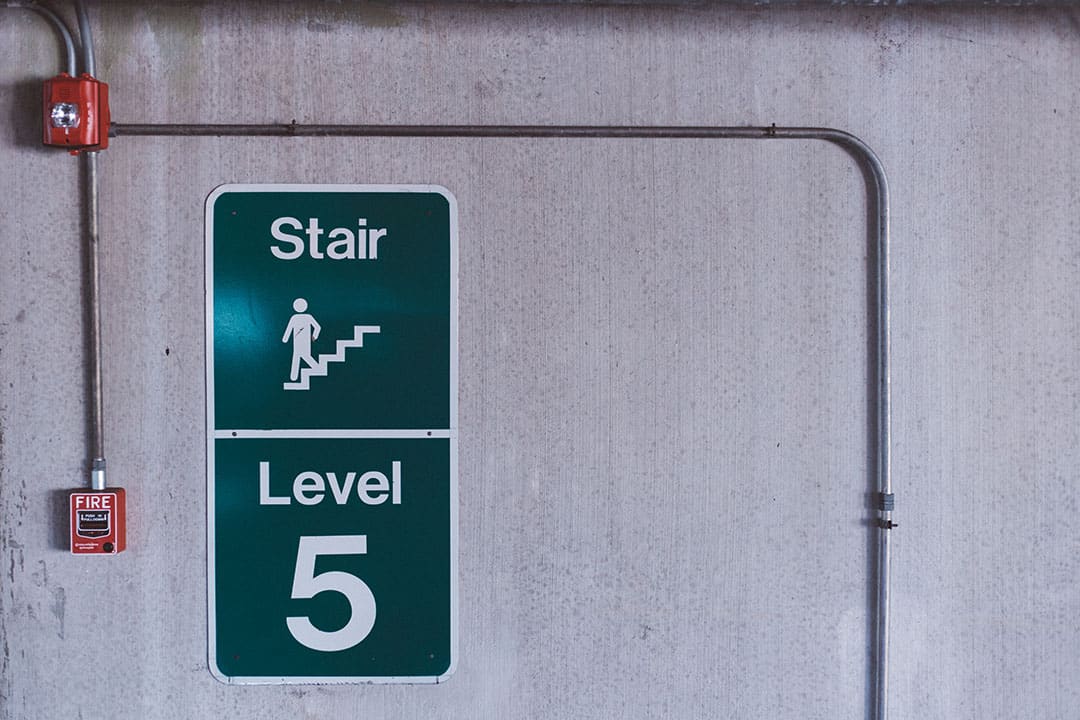
The benefits of Istikhara are immense but there is an etiquette to this process. There has to be a willingness to submit and to accept that the answer to our Istikhara may not be what we want and even after attaining, it does not mean everything will be hunky-dory.
In addition, Istikhara does not necessarily mean that we will find the answer of the duaa in a dream or feel a powerful inclination towards one decision. Sometimes Allah SWT will shut a door and open another one somewhere else so we can walk through, but often people will look back longingly at the closed door instead of seeking the door that Allah SWT has opened. What is also important is to not lose hope. We may find that we pray for guidance regarding something we really want, and we have a strong sense that it is not the right decision for us, but this does not mean that it never will be the right decision, what is meant for us will reach us no matter what. It could be that wishing for something or someone, but after praying Istikhara getting the feel that the next step towards that ‘dream’ is not the best choice now does not necessarily mean to give up. Perhaps there is something or someone better or we need to learn or work on ourselves to make us ready for that next step later.
Let go of the scheduled timeline for one’s life – everything will happen as He wills and trust that the way we want or plan things to happen would never give us the peace and contentment we will feel when Allah blesses us with His plan, regardless of what one may have to go through.
Let us know how you feel about Istikhara?

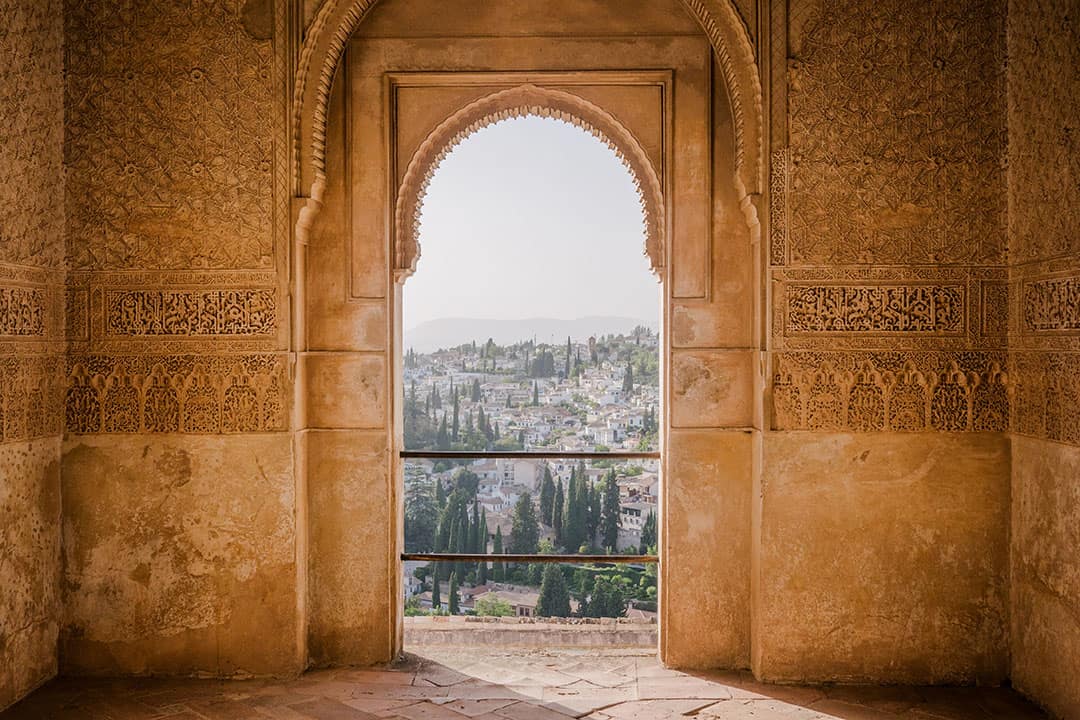



Jasakallah so what prayer should a person recite for Allahs guidance?
Thank you for your comment, if you’d like some more information including the original Arabic for the Istikhara prayer (translation is quoted above) please see https://www.istikhara.com/.
Explained very clearly with details
JazakAllah Khayran for your feedback! May Allah (SWT) reward you, Ameen.
Excellent!
JazakAllah Khayran for your feedback!